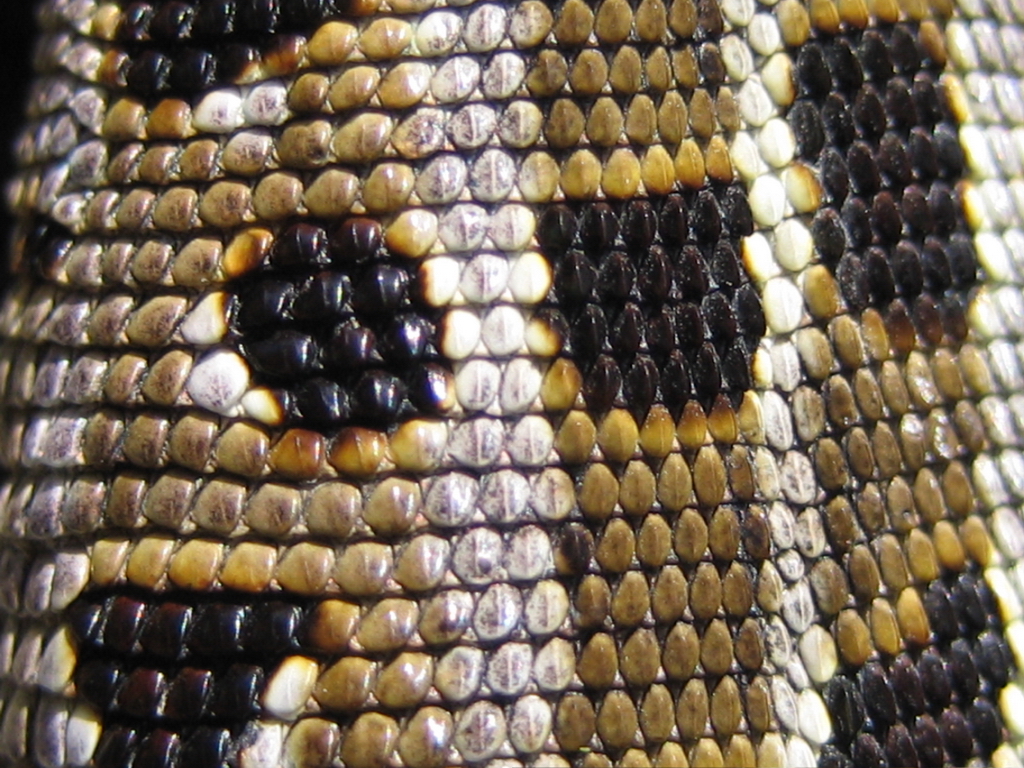|
Liolaemus Yatel
''Liolaemus yatel'' is a species of lizard in the family Iguanidae. It is from Argentina Argentina (), officially the Argentine Republic ( es, link=no, República Argentina), is a country in the southern half of South America. Argentina covers an area of , making it the second-largest country in South America after Brazil, th .... References yatel Lizards of South America Reptiles of Argentina Endemic fauna of Argentina Reptiles described in 2014 Taxa named by Oscar Aníbal Stellatelli {{iguanidae-stub ... [...More Info...] [...Related Items...] OR: [Wikipedia] [Google] [Baidu] |
Lizard
Lizards are a widespread group of squamate reptiles, with over 7,000 species, ranging across all continents except Antarctica, as well as most oceanic island chains. The group is paraphyletic since it excludes the snakes and Amphisbaenia although some lizards are more closely related to these two excluded groups than they are to other lizards. Lizards range in size from chameleons and geckos a few centimeters long to the 3-meter-long Komodo dragon. Most lizards are quadrupedal, running with a strong side-to-side motion. Some lineages (known as "legless lizards"), have secondarily lost their legs, and have long snake-like bodies. Some such as the forest-dwelling ''Draco'' lizards are able to glide. They are often territorial, the males fighting off other males and signalling, often with bright colours, to attract mates and to intimidate rivals. Lizards are mainly carnivorous, often being sit-and-wait predators; many smaller species eat insects, while the Komodo eats mammals a ... [...More Info...] [...Related Items...] OR: [Wikipedia] [Google] [Baidu] |
Iguanidae
The Iguanidae is a family of lizards composed of the iguanas, chuckwallas, and their prehistoric relatives, including the widespread green iguana. Taxonomy Iguanidae is thought to be the sister group to the collared lizards (family Crotaphytidae); the two groups likely diverged during the Late Cretaceous, as that is when ''Pristiguana'' and ''Pariguana'', the two earliest fossil genera, are known from. The subfamily Iguaninae, which contains all modern genera, likely originated in the earliest Paleocene, at about 62 million years ago. The most basal extant genus, '' Dipsosaurus,'' diverged from the rest of Iguaninae during the late Eocene, about 38 million years ago, with '' Brachylophus'' following a few million years later at about 35 million years ago, presumably after its dispersal event to the Pacific. All other modern iguana genera formed in the Neogene period. A phylogenetic tree of Iguaninae is shown here: Description Iguanas and iguana-type species are divers ... [...More Info...] [...Related Items...] OR: [Wikipedia] [Google] [Baidu] |
Argentina
Argentina (), officially the Argentine Republic ( es, link=no, República Argentina), is a country in the southern half of South America. Argentina covers an area of , making it the second-largest country in South America after Brazil, the fourth-largest country in the Americas, and the eighth-largest country in the world. It shares the bulk of the Southern Cone with Chile to the west, and is also bordered by Bolivia and Paraguay to the north, Brazil to the northeast, Uruguay and the South Atlantic Ocean to the east, and the Drake Passage to the south. Argentina is a federal state subdivided into twenty-three provinces, and one autonomous city, which is the federal capital and largest city of the nation, Buenos Aires. The provinces and the capital have their own constitutions, but exist under a federal system. Argentina claims sovereignty over the Falkland Islands, South Georgia and the South Sandwich Islands, and a part of Antarctica. The earliest recorded human prese ... [...More Info...] [...Related Items...] OR: [Wikipedia] [Google] [Baidu] |

